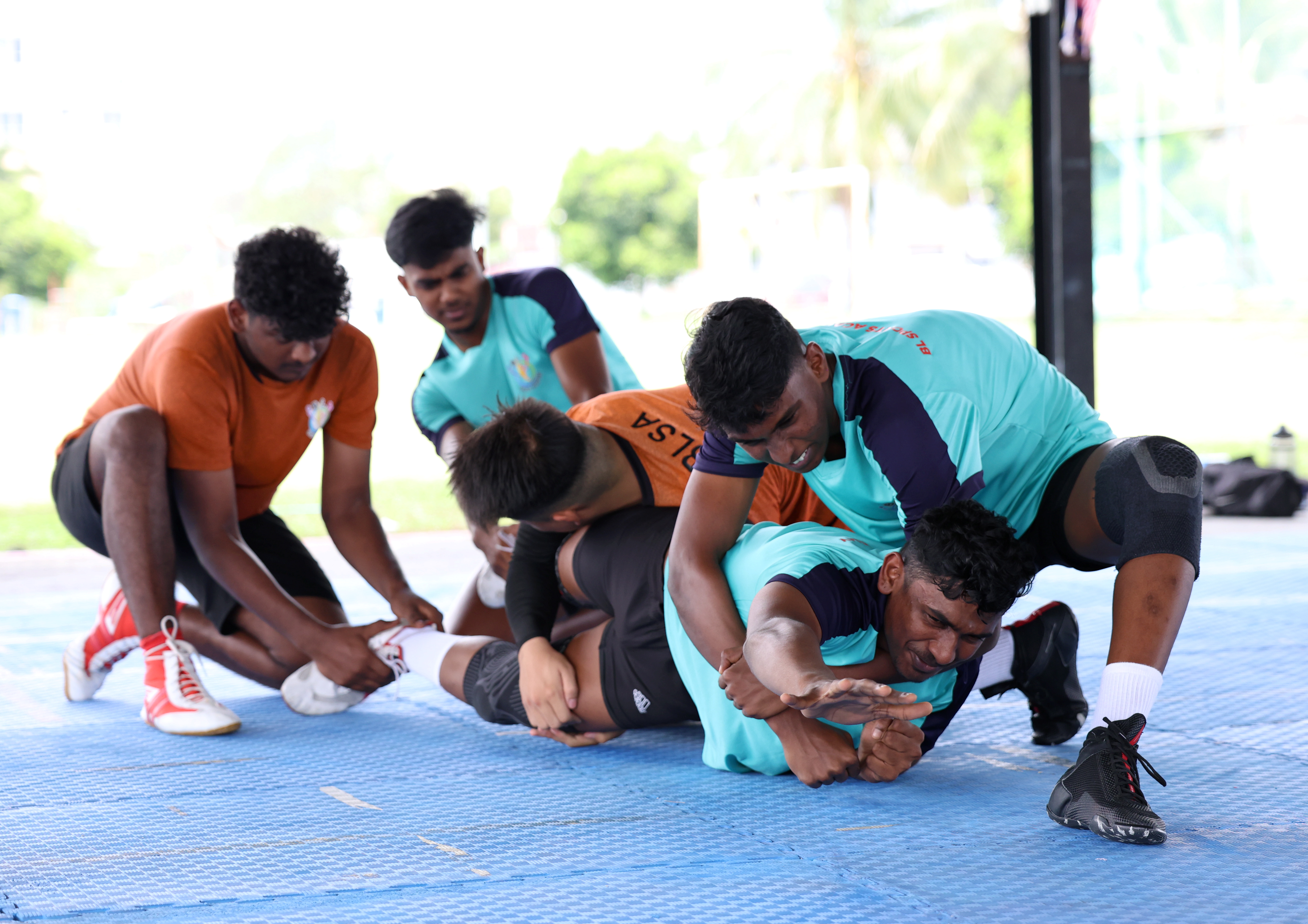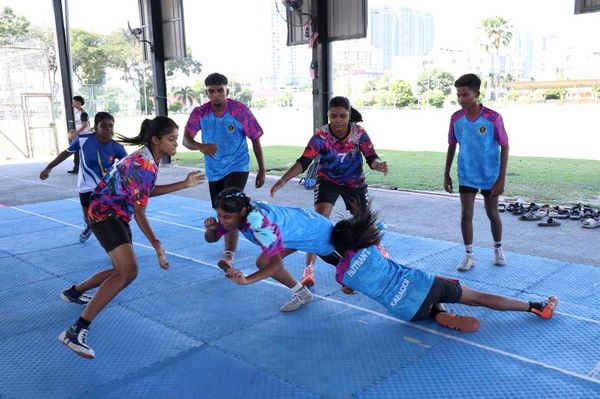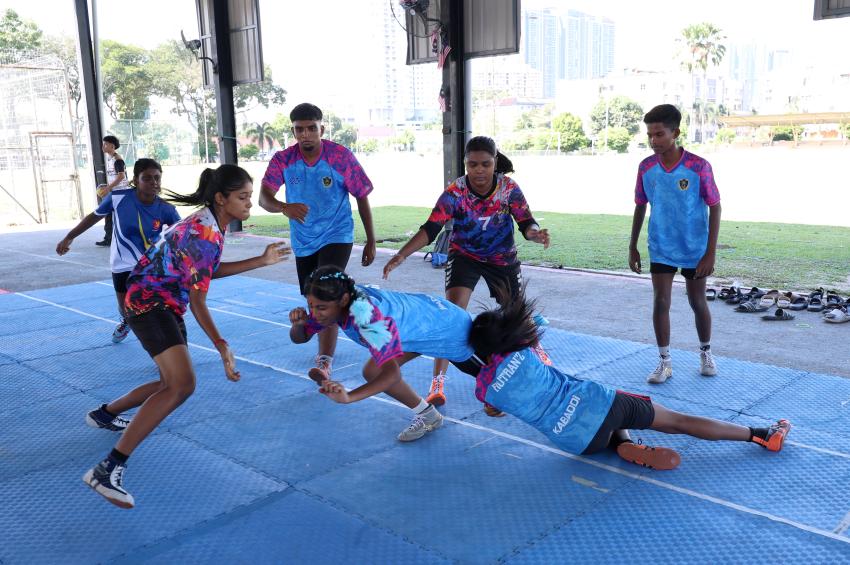SHAH ALAM, Oct 20 — Under the blazing sun, the players’ footsteps across the field blend with the rhythmic chant that never ceases — “kabaddi, kabaddi, kabaddi.”
Each utterance is more than a word; it is a symbol of struggle and endurance. Such is the heartbeat of kabaddi, a traditional sport from India that now strides proudly onto the global stage.
Known as 'Sadugudu' in Tamil Nadu, kabaddi has travelled a long road before gaining international recognition.
Once merely a folk pastime, it now stands alongside other global sports, having been showcased at the 1936 Berlin Olympics and officially included in the Asian Games in 1990.
From India to Bangladesh, Iran to Europe, the spirit of kabaddi continues to burn brightly across the world — and Malaysia, too, is part of that resurgence.
At home, the revival of kabaddi is being driven by 47-year-old veteran coach Balamurugan Rengasami Naidu, one of the key figures championing the sport.
“In a kabaddi match, two teams compete with seven main players and five substitutes.
A player known as the raider enters the opposing team’s area to tag opponents and return safely without being touched,” he told Media Selangor.
Interestingly, throughout the raid, the player must continuously chant “kabaddi, kabaddi,” a test of breath control and mental focus.
If the raider successfully tags an opponent and returns to their own zone, their team scores a point. However, if they are caught, the opposing team gains the point instead.
A full match lasts 40 minutes, divided into two halves of 20 minutes each, with a five-minute break in between.
Balamurugan said a raider can earn an additional point by crossing the “bonus line” when the defending team has six or more players on the field.

No equipment, but full of meaning
The sport is unique in that it requires no special equipment, only an open area of land divided into two halves.
“Kabaddi tests physical endurance, speed, strategy, and teamwork. It combines elements of various sports, including martial arts, rugby, sepak takraw, and wrestling,” he said.
In Malaysia, the sport is governed by the Kabaddi Federation of Malaysia (KFM). Once closely associated with the Indian community, it is now increasingly embraced by people of all backgrounds.
Malaysia has participated in international tournaments such as the Asian Games and the Southeast Asian Kabaddi Championship, and also organises competitions at state, university and national levels.
This journey reached a milestone when kabaddi was approved as an official additional sport for the Malaysia Games (Sukma) 2026, which will take place in Selangor — a historic moment marking a new chapter for the sport.
“The inclusion of kabaddi in Sukma is a significant achievement. It raises the sport’s status in the eyes of the public.
"Many parents are now more open to allowing their children to take part, as it has gained official national recognition,” said Balamurugan.

A new spirit
This recognition is more than symbolic: it opens up future opportunities for young players. Competing at the national level paves the way for government recognition, financial support, sports scholarships, and even career prospects.
"“Kabaddi not only strengthens the body but also builds discipline and self-confidence,” he said.
Balamurugan now runs training sessions across four states, receiving highly encouraging responses. Several schools have also introduced kabaddi training, not only for Indian students but for others as well, proving that the sport now belongs to everyone.
Looking ahead, he urges the government to make this heritage game an official sport in schools and universities. Balamurugan also proposes the establishment of state-level kabaddi academies, the provision of sports scholarships, professional coaching, and wider media coverage.
“With continuous support, I am confident kabaddi can become a sport of choice among young people and stand shoulder to shoulder with mainstream sports,” he said.


